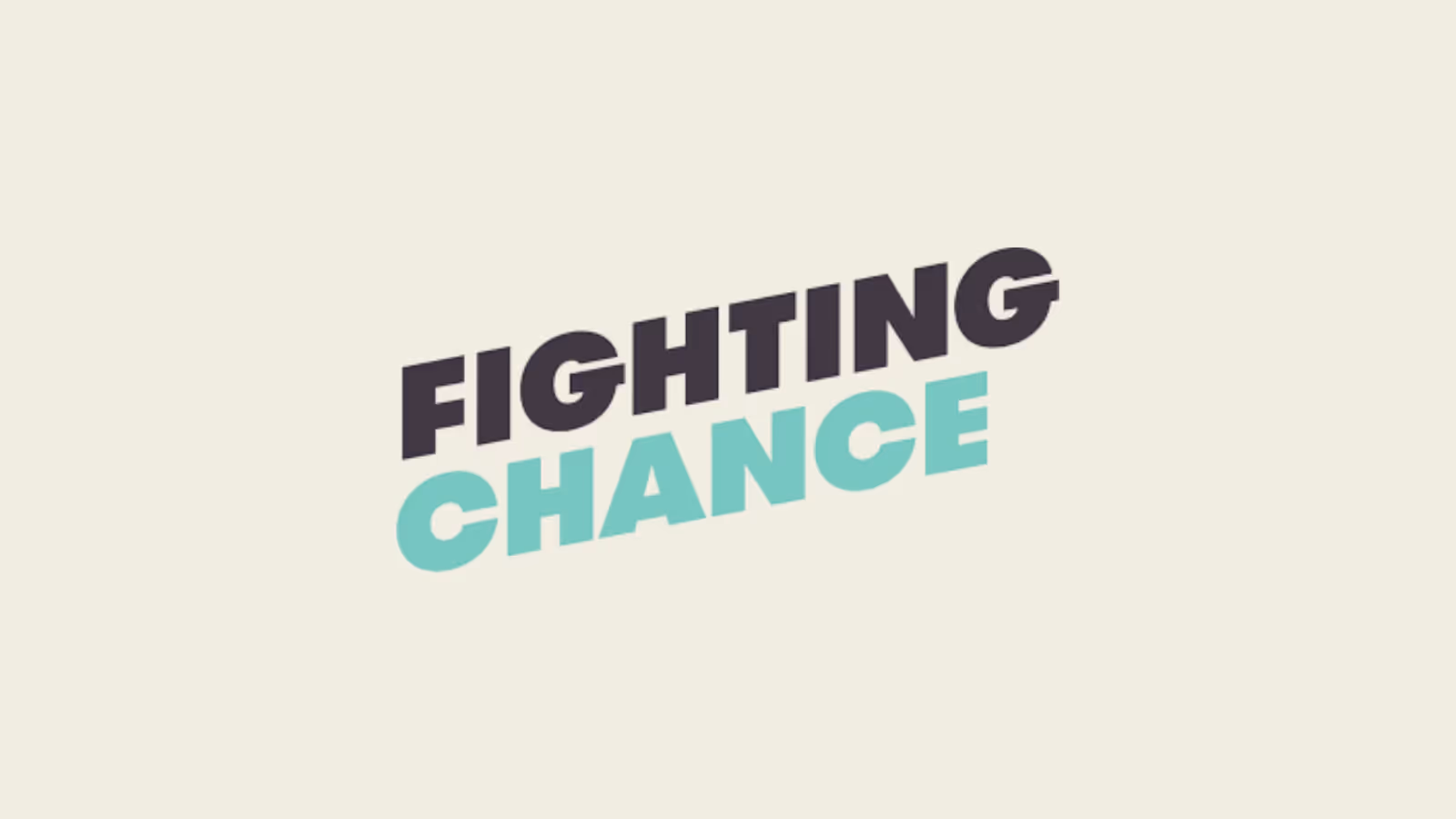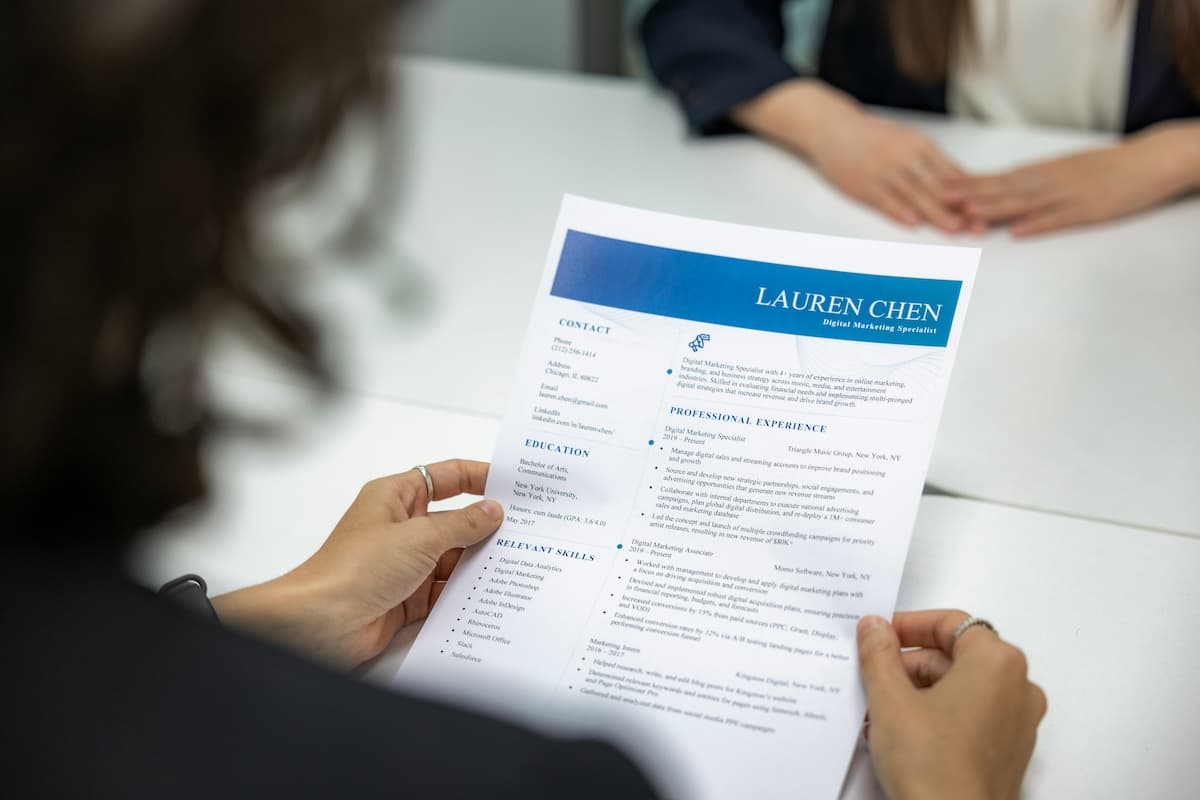What Are Psychological Injuries At Work?
Understand psychological injuries at work and how they affect employees.

What Are Psychological Injuries?
Psychological injuries are mental health conditions caused or worsened by work. These can include stress, anxiety, depression, post-traumatic stress disorder (PTSD), and emotional burnout.
Unlike physical injuries, psychological injuries may not be visible but can be just as debilitating—affecting a person’s ability to concentrate, sleep, interact with others, or carry out daily work tasks.
Common warning signs include:
- Persistent low mood or irritability
- Trouble sleeping or fatigue
- Panic attacks or heightened anxiety
- Loss of motivation or withdrawal from others
- Feeling overwhelmed, hopeless, or emotionally numb
Early intervention is key—both for recovery and for making a valid WorkCover claim if the injury is work-related.
Common Causes of Psychological Injuries at Work
- Bullying or harassment
- Excessive workload or pressure
- Poor leadership or lack of support
- Exposure to trauma (e.g. first responders, healthcare)
- Job insecurity or toxic workplace culture
Legal Rights and Protections in Australia
In Australia, employers aren’t just responsible for physical safety—they also have a legal duty to protect your mental health at work.
Under Work Health and Safety (WHS) laws, businesses must identify and manage psychological risks. That includes things like stress, bullying, or unsafe workloads.
You’re also protected by national bodies like Safe Work Australia and the Fair Work Commission, which offer guidance and support if your mental wellbeing is being affected on the job.
Can You Claim Workers’ Compensation?
You can sometimes claim workers’ comp (WorkCover) for mental health issues caused by work — like bullying, harassment, or exposure to trauma.
What’s usually covered:
- Workplace bullying or harassment
- Exposure to traumatic incidents
- Unsafe workloads that clearly affect mental health
What’s usually not covered:
- Performance reviews
- Disciplinary action
- General stress from reasonable management decisions
If the claim is accepted, you may get time off paid, plus treatment costs covered. But it depends on the situation — and not every claim is approved.
How Employers Can Prevent Psychological Harm
Creating a mentally healthy workplace isn’t just about reacting when things go wrong — it’s about building a culture that protects people from harm in the first place.
Build a Mentally Safe Workplace
Start with open communication, respectful leadership, and realistic workloads. Clear job expectations and fair treatment go a long way in reducing stress and uncertainty.
Focus on Early Intervention
Managers should be trained to spot the early signs of burnout, conflict, or distress — and know how to respond. Checking in regularly, not just when things escalate, helps catch problems early.
Offer Ongoing Support
Having an Employee Assistance Program (EAP) available shows staff there’s support when they need it. But beyond that, encourage people to use it, promote mental health days, and make wellbeing part of everyday conversations — not just a once-a-year initiative.
Preventing psychological harm isn’t one big action — it’s a mix of small, consistent steps that create a safe and supportive place to work.
*Disclaimer: This guide is for general information only and does not constitute legal advice. For advice specific to your situation, please consult a qualified legal professional.
Related:
- EAP For Construction Businesses
- How Much Do EAPs Cost?
- EAP Counselling
- How To Respond To A Critical Incident

Hello 👋 I’m Joel the founder of Foremind.
Are you ready for simplified support & compliance?
Latest insights
Answers to the frequently asked questions.
Still have questions?
Email us at enquiries@foremind.com.au and we'll get back to you quickly with a response
Yes, we have culturally competent counsellors available, including those able to work with first nation and CALD employees.
Onshore on secure AWS Servers in Sydney Australia. All data is encrypted in transit and at rest and our entire team is located in Australia.
Employees can access our platform on any device (mobile, laptop, desktop, etc.) as long you have the website link - no need to download any app on devices. You wouldn’t need to enrol any of your staff individually.- When we do our onboarding, we ask for the first name, last name and email of all your employees, and send out an email invite to all them which will allow them to create their own individual account to access the platform. For new staff we can also invite them or provide you with a unique link to embed in your onboarding process, whichever is more convenient for you. We also kick things off with a launch webinar or video to make sure everyone is aware of Foremind and how to use it. We’ll also provide you with any collateral such as posters, QR codes, brochures etc. to help drive awareness and encourage people to create an account in the platform.
The support line is answered by our reception service 24/7. It is for urgent platform or session-related issues only (e.g. *“My counsellor didn’t show”*) or helping staff create an account.





